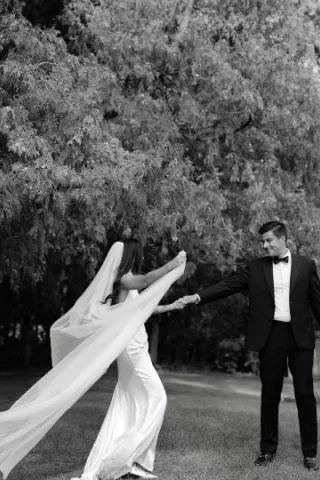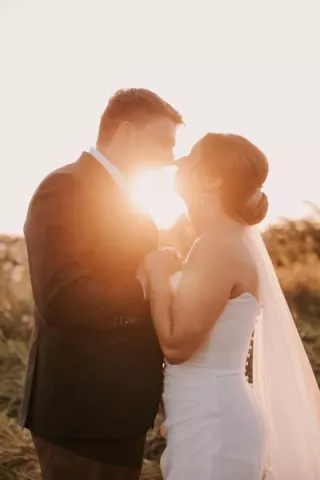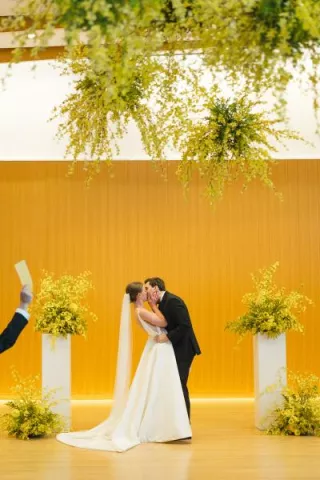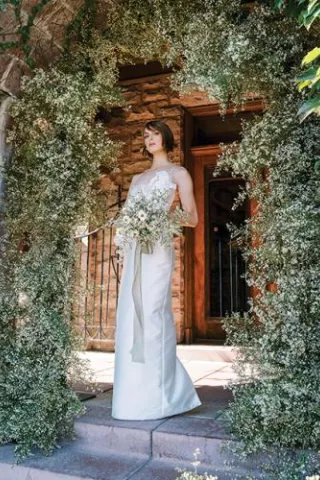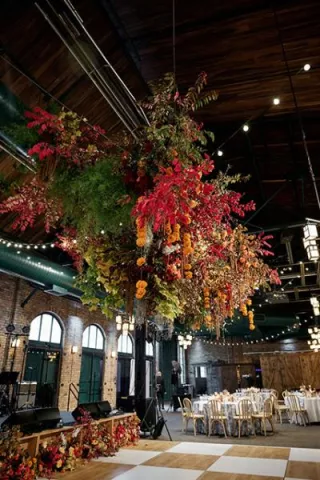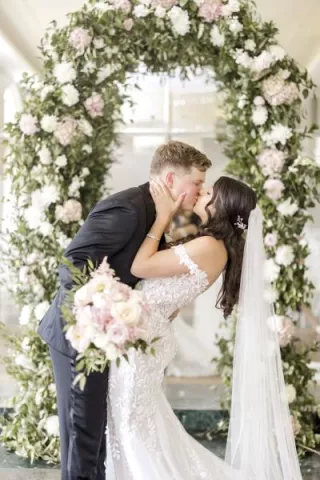With love in the air, it may be difficult to consider the legal ramifications of en plein air nuptials. But the financial incentives of a casual backyard wedding could end up being overshadowed by the costs of defending a personal injury lawsuit filed by an injured guest, neighbor or vendor, making that first year of marriage one to remember!
To avoid calamity on the big day, consider the following legal pointers while planning a backyard wedding.
Legal issue #1: Premises liability
Premises liability is an ancient legal concept centered on the notion that landowners are obligated to prevent injury and provide a safe gathering place for guests. Landowners, having invited guests, known as ‘licensees,’ onto their property for a social event are required to protect those guests from known dangers and hazards.
Practically speaking, you should take a stroll around every area of the property where you expect guests to gather – including more secluded areas – to ensure there are no large holes, dangerous wild or domesticated animals, streams, ponds, or other natural or manmade hazards that could cause injury. If a problem is spotted, you’re obligated to either fix it or create some sort of warning for guests, such as by hanging conspicuous signs or roping off the area.
Legal issue #2: Drunk people
Drinking is a major liability issue at weddings, and even the most casual backyard bride should be aware of the potential for liability lurking around the bar.
First, under no circumstances should a clearly intoxicated guest be served more alcohol. Period. This rule applies whether the wedding is BYOB, self-service or serviced by a professional bartender. The reasoning is that the victim of a drunk-driving accident involving someone who became intoxicated at your wedding will likely sue the property owner, the hosts of the party and the bartender in a personal injury lawsuit, which could be worth millions of dollars in damages depending on the severity of the injury.
The best way to protect against liability is to monitor alcohol consumption. If guests are providing their own alcohol, appoint one or two responsible, sober individuals to monitor intake. Ensure these people are comfortable cutting guests off and arranging safe rides home. If the bride and groom are providing the libations, arrange for someone to serve drinks and monitor guest intake, as a self-service bar is a recipe for overindulgence. Lastly, if a hired bartender is serving the crowd, exchange mutual waivers of liability as a starting point. Arrange a definitive last-call ahead of time, as well as a protocol to follow in the event it becomes necessary to cut off Uncle Joe from the Chianti.
Legal issue #3: Vendors and wait staff
Not every backyard wedding will be a catered affair, but it’s important to engage in proper legal arrangements with anyone hired to help, even if it’s a close friend or family member. Keep in mind that liability is always present, and the best way to avoid your exposure is to limit, disclaim or waive any possible claims against you by those hired to help with the party.
With caterers and anyone handling food, require a disclaimer of liability in the event a guest contracts a foodborne illness, chokes or otherwise has a meal-related medical issue. Likewise, disclaim all liability with decorators or anyone handling equipment, like disc jockeys, bands, instrumentalists, wedding coordinators, et cetera.
Although liability disclaimers may initially seem unnecessary, keep in mind that the first person a guest will sue after being lodged under a makeshift pergola is the property owner, regardless of who built, maintained or placed the item at the altar. With a disclaimer in place, the property owner or hosts will likely be able to pass the blame to the responsible party and quickly exit the lawsuit.
Legal issue #4: Local ordinances and property restrictions
Lastly, and most annoyingly, hosts of a backyard wedding must think about municipal regulations and property restrictions imposed by the neighborhood homeowners association.
First, check with your township or city authorities about noise, curfew, parking, lighting or permit regulations that may be applicable to your planned event. If regulations are in place, be sure to either plan the party around those rules or anticipate fines or police presence – a major buzzkill. If the host’s neighborhood maintains any of its own regulations about parties, be sure to contact the HOA president for approval beforehand.
 Avvo makes legal easier by providing free answers from lawyers, client reviews, and detailed profiles for 97% of all licensed attorneys in the U.S., so you can find the lawyer who’s right for you. Avvo Advocates write about legal issues in everyday life on the Avvo NakedLaw blog.
Avvo makes legal easier by providing free answers from lawyers, client reviews, and detailed profiles for 97% of all licensed attorneys in the U.S., so you can find the lawyer who’s right for you. Avvo Advocates write about legal issues in everyday life on the Avvo NakedLaw blog.
